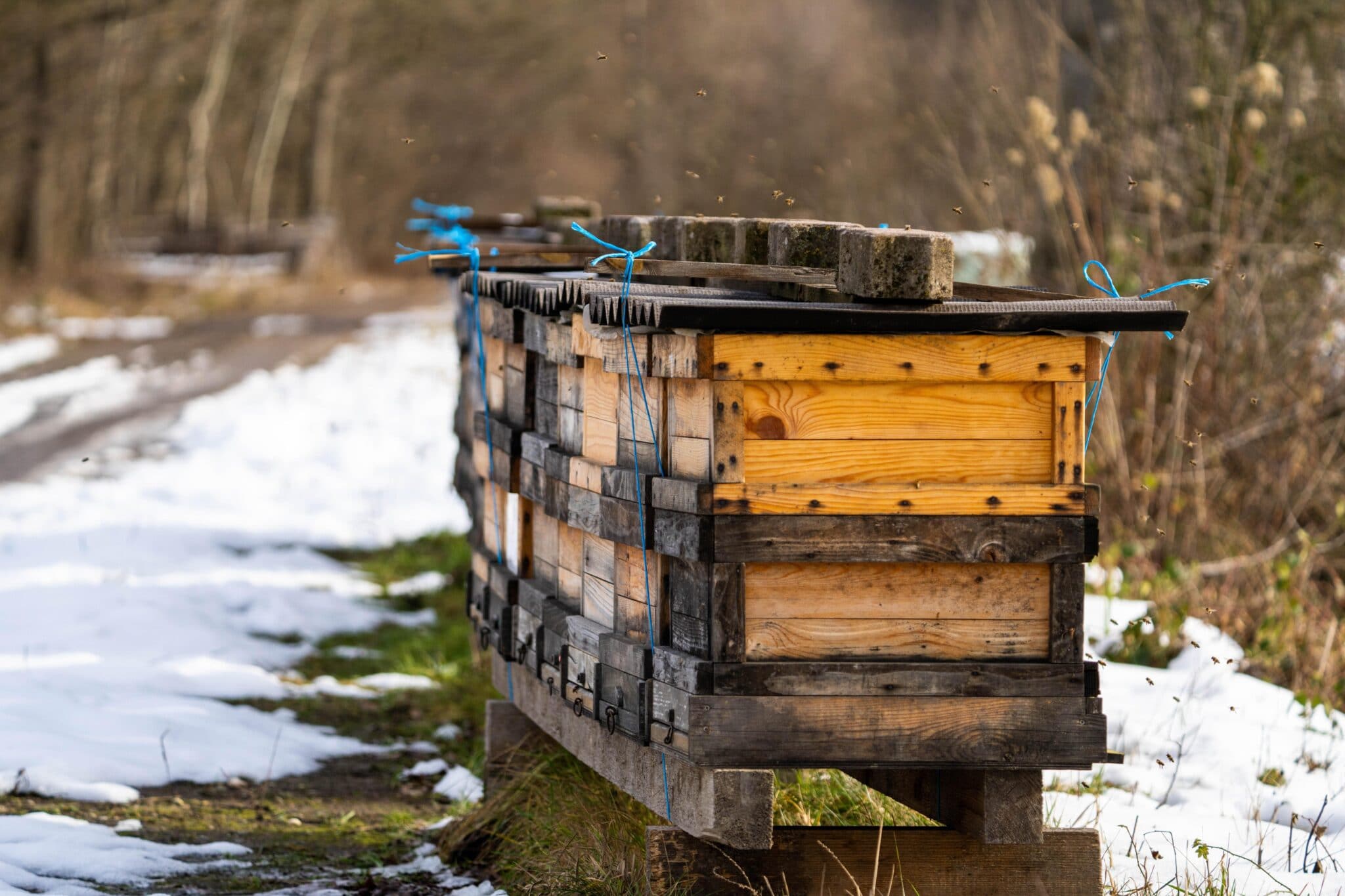

Christian Wallner / Pexels
Two environmental groups are suing the Environmental Protection Agency (EPA) to protect bees and other pollinators from deadly pesticides.
The Center for Food Safety (CFS) and Pesticide Action Network (PAN) of North America filed the lawsuit Tuesday demanding that the EPA close a loophole that allows seeds coated with neonicotinoids to escape labelling and registration under the Federal Insecticide, Fungicide, and Rodenticide Act (FIFRA).
“Science has shown that coating seeds with pesticides is not only ineffective, but can cause real harm to pollinators, workers, and farmers,” PAN senior scientist and plaintiff Margaret Reeves said in a statement emailed to EcoWatch. “The vast majority of acres planted in crops such as corn, soybean, and cotton are planted with pesticide-treated seeds, yet farmers know less about pesticides applied to their seeds than pesticides applied in other ways. EPA must regulate this use and mitigate this danger.”
Neonicotinoids are a kind of pesticide that are extremely toxic to bees and other insects. In fact, one neonic-treated corn seed has enough active ingredient to kill a quarter of a million bees, Daniel Raichel of the Natural Resources Defense Council told EcoWatch in August. A recent study found that one of the most common neonicotinoids can reduce bee populations for generations. The European Union banned three of the most common neonicotinoids for outdoor use in 2018, but they remain the most widely used class of pesticides in the U.S., according to the University of Maryland.
They are especially popular as a treatment on seeds. In 2011, more than 30 percent of soybean and more than 79 percent of corn came from neonicotinoid-treated seeds. Further, crops grown from these seeds cover more than 150 million acres of U.S. farmland every year, according to CFS and PAN.
This is a problem, because more than 80 percent of the deadly pesticides can leave the seed and pollute the surrounding soil, air and water. The neonicotinoids that remain are taken up by the plant itself, entering its leaves and nectar. The neonicotinoids attack the central nervous system of bees, birds and other pollinators, impairing navigation and learning and causing paralysis or even death.
Despite these risks, CFS and PAN discovered that seeds coated with these pesticides are subject to fewer regulations than other pesticide applications because they are not registered and labeled under FIFRA. They informed the EPA of this loophole in 2017, through a legal rulemaking petition, which means the agency was required by law to answer. It never did, leading to Monday’s lawsuit.
“Nearly five years ago, we provided EPA the legal blueprint to solve this problem and the legal impetus to do it, yet they have still sat on their hands,” George Kimbrell, CFS legal director and counsel in the case, said in a statement. “While EPA fiddles, grave harm to bees and other pollinators continues. That delay must end.”
- Deadly Pesticide Still Legal in U.S. Can Harm Bee Populations for ...
- Solar Farms Could Boost Bumblebee Populations, Study Says ...

 233k
233k  41k
41k  Subscribe
Subscribe 